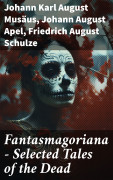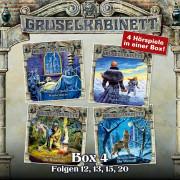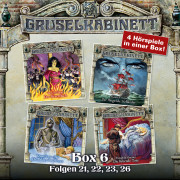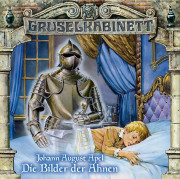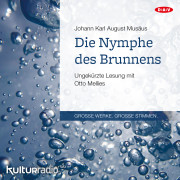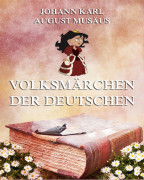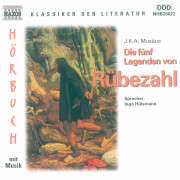Johann Karl August Musäus, Johann August Apel, Friedrich August Schulze: Fantasmagoriana - The Tales of the Dead
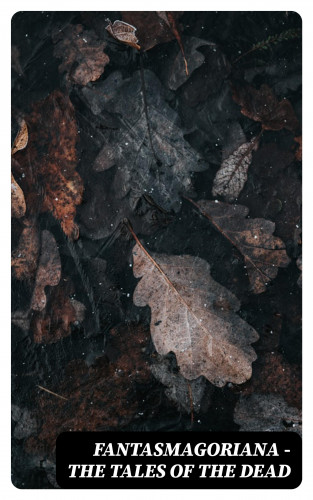
| Produkttyp: | eBook-Download |
|---|---|
| Verlag: | DigiCat |
| Erschienen: | |
| Sprache: | Englisch |
| Seiten: | 156 (Druckfassung) |
| Format: | EPUB
Info▼
|
| Download: | 406 kB |
Fantasmagoriana - The Tales of the Dead stands as a quintessential gathering of gothic tales that delve deep into the realms of horror, fantasy, and the supernatural. This anthology, through its diverse array of narratives encompassing ghosts, the macabre, and the unexplained, brilliantly encapsulates the literary zeitgeist of the late 18th and early 19th centuries, a period rife with an obsession for the dark and the mystical. The collection is notable not just for its thematic coherence but also for its exploration of varied literary styles, presenting a rich tapestry of storytelling that reflects the burgeoning romantic sensibilities of the time. The inclusion of standout tales, although not attributed to specific authors, highlights the collective potency of these narratives in shaping the contours of gothic literature. The contributing authors, Johann Karl August Musäus, Johann August Apel, and Friedrich August Schulze, bring to the table their esteemed backgrounds, rich in the traditions of German folklore and romantic literature. Their collective efforts resonate with the broader historical and cultural movements of their era, wherein the fascination with death, the supernatural, and the eerie corners of the human psyche was at its zenith. Their work in this anthology not only pays homage to these preoccupations but also pioneers elements that would come to define the genre. Fantasmagoriana - The Tales of the Dead offers readers an unparalleled journey into the heart of gothic literature, inviting them to immerse themselves in a world where the boundary between the living and the dead blurs. This anthology is recommended not just for its historical significance and literary merit but also for the unique opportunity it presents to engage with the multi-faceted perspectives, themes, and stylistic nuances of its contributors. It beckons readers to explore the depths of the human imagination and the dark corners of our cultural heritage, making it an essential read for enthusiasts of literature, history, and the macabre.
